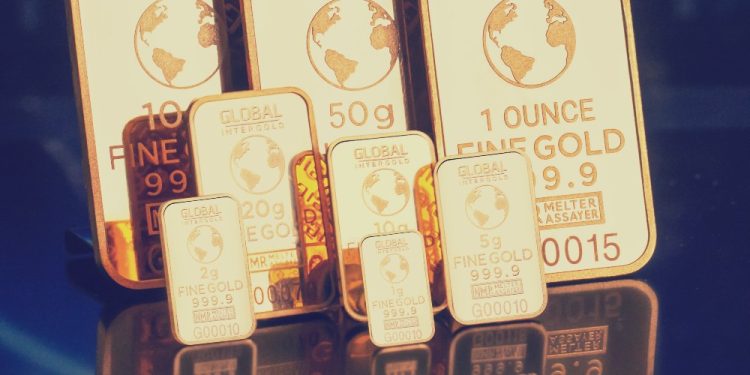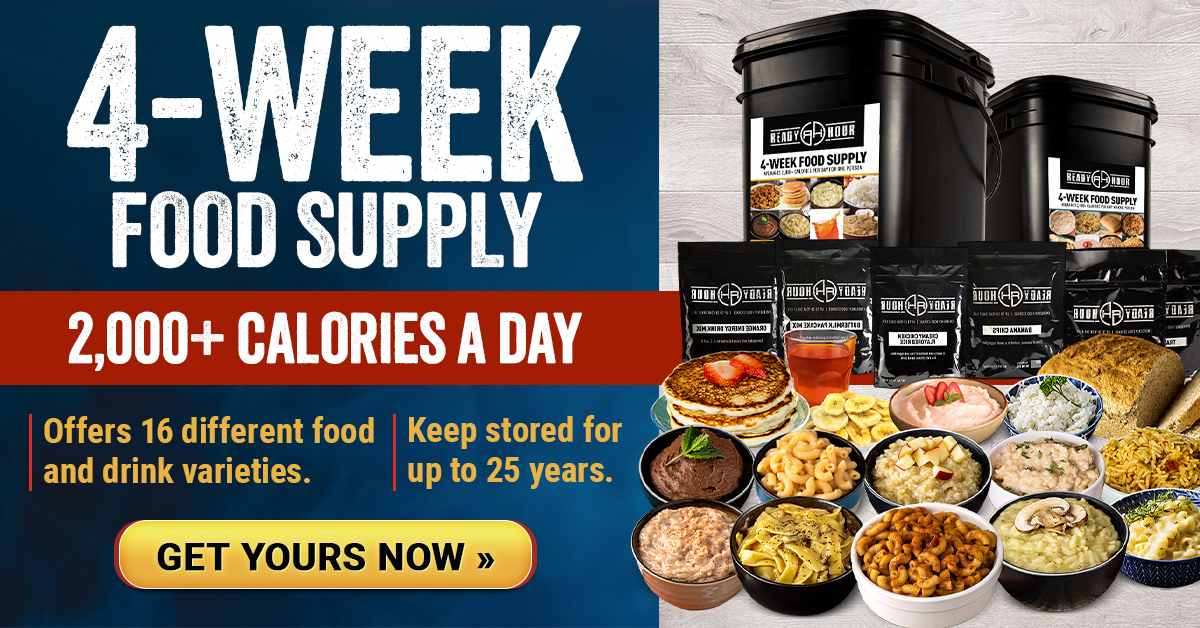The price of gold peaked above $2,000 on April 5, boosted by weak U.S. economic data as well as fears from the banking crisis shaking up the financial sector.
Spot gold prices hit $2,028 an ounce in early trading on Wednesday, hitting the highest level since March 2022. U.S. gold futures hit a high of around $2,040 per ounce. Meanwhile, the U.S. Dollar Index was hovering near two-month lows, making gold a cheaper investment option for investors holding other currencies. Gold prices in sterling and euros were at their highest level in over a week. The commodity had previously peaked above the $2,000 level in March 2022 and in August 2000.
The boost in gold prices comes amid weak U.S. economic data and the ongoing banking crisis facing the country.
U.S. job openings fell to its lowest level in almost two years in February, suggesting a cooling down in labor market conditions. Meanwhile, new orders for U.S. manufactured goods registered a monthly decline of 0.7 percent in February after falling by 2.1 percent in January.
The collapse of Silicon Valley Bank (SVB) and its after-effects have shaken confidence in the American banking industry. The risk of more bank failures and potential tightening of credit availability are also pushing up gold prices.
In an interview with The Epoch Times, Gabe Wright, co-owner of the store Coin Heaven in Arizona, said that SVB collapse has spurred demand for the yellow metal.
“After that bank fell, it created quite a panic, and people wanted to get their funds out of banks and into something real and tangible—gold and silver,” Wright said. Gold is “something you own. There’s no third party involved. It’s solely yours.”
Federal Reserve Rates
Gold prices are also buoyed by investor expectations that the Federal Reserve will pause its interest-rate hikes and even start cutting rates soon. According to the CME FedWatch Tool, the majority of interest-rate traders (65.4 percent), as of April 5, expect the Fed to keep rates unchanged at its upcoming May meeting.
Over the past year, the Fed had pushed up its benchmark rate from around 0.5 percent to a range of 4.75–5.0 percent. High interest rates usually decrease investor appeal for gold as it is a non-yielding asset.
With expectations about Fed pausing and reversing its rate hike growing, the yellow metal is once more becoming an attractive investment option.
In another Epoch Times interview, Peter Schiff, the CEO of Euro Pacific Asset Management, said that inflation will remain “significantly above” the Fed’s 2 percent inflation rate target “as far as the eye can see.”
“Gold needs to be repriced much higher to reflect that reality. The adjustment still has a long way to go,” he predicted.
However, if the Fed makes it clear that it intends to keep raising interest rates till inflation is brought down, it could negatively affect the price of gold. James Bullard, president of the Federal Reserve Bank of St. Louis, had recently batted for more rate hikes to fight inflation.
Rising Demand
Gold demand has been rising over the past year amid economic uncertainties. According to data from the World Gold Council (WGC), annual gold demand jumped by 18 percent year over year in 2022, hitting 4,741 tons, which is the highest annual total since 2011.
Louise Street, senior markets analyst at WGC, pointed out that gold demand last year was partly driven by “colossal” demand from central banks as a safe haven asset.
“Turning to 2023, economic forecasts are pointing to a challenging environment and a likely global recession, which could lead to a role reversal in gold investment trends. If inflation comes down, this could be a headwind for gold bar and coin investment,” he said.
“Conversely, continued weakening of the U.S. dollar and the moderating pace of interest-rate hikes could have positive implications for gold-backed ETF [exchange=traded fund] demand.”
Article cross-posted from our premium news partners at The Epoch Times.





